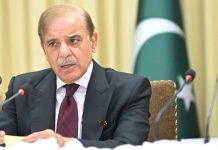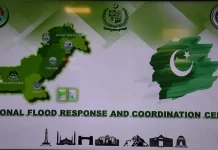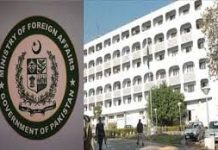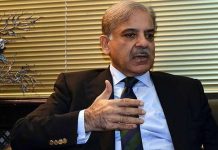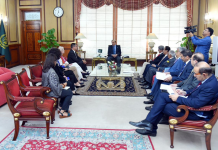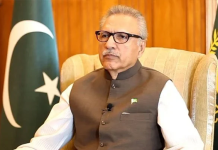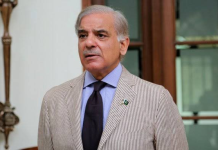Pakistan has a number of credible charitable institutions in the fields of education, healthcare, and poverty eradication, which is a reflection of the generous soul of our nation. Institutions such as Edhi Foundation, SIUT, Shaukat Khanum Memorial Cancer Hospitals and similar other charitable institutions have enjoyed public trust because over time, their leaders have ensured these organisations do not steer away from their core mission. The Shaukat Khanum Memorial Trust is an excellent example of an institution founded by the people of Pakistan, resulting from and sustained by an unprecedented display of our nation’s will and capacity to bring positive change. Its leaders, as soul-keepers of its spirit, continue to ensure it stays true to its mission.
The story of Shaukat Khanum started because leaders like Dr Nausherwan Khan Burki took a leap of faith and were determined to build a model healthcare institution in Pakistan. The role of Imran Khan in establishing a movement to fight cancer in Pakistan is undeniable. His success lies in identifying individuals for leadership roles who became the soul-keepers of the mission of SKMT. The senior management has ensured that the founding principles of these hospitals of equity, transparency and merit always stay at the core of decision-making. The SKMT has set an unprecedented example of making quality cancer care accessible to all patients, regardless of their socio-economic status. If the concept of SKMT is a fragile bubble of hope representing excellence of healthcare for all in Pakistan then it is a world protected by constant vigilance of its leaders.
The role of leaders has been critical in inspiring members of staff to take ownership of maintaining the ethos of the place. Leading from the front, they have demonstrated commitment, dedication and hard work while maintaining transparency and accountability in the organisation, which is essential in correcting course. At the same time, being responsive to feedback results in continuous quality improvement in the organisation.
The Shaukat Khanum Hospitals in Lahore and in Peshawar have created a unique environment for the healthcare professionals by offering opportunities to practice skills on state-of-the-art technology and by providing continuing education and training programmes. Individuals such as Dr Faisal Sultan and Dr Muhammed Aasim Yusuf, having spent decades of their lives serving the Shaukat Khanum Memorial Trust, have become inseparable from the story of this institution. People like them, having received training abroad and returning to their country, are examples for the younger generation of doctors in Pakistan that it is possible to serve people of their country to the best of their abilities in institutions like Shaukat Khanum Hospitals.
A time of crisis is a test for everyone in an organisation, especially leaders and the SKMT has demonstrated staying true to all elements of its mission statement during challenges ranging from terrorism to a pandemic. We are once again in the middle of the third wave of the coronavirus infections and more challenges may lay ahead. The public should support institutions like the Shaukat Khanum Hospitals, secure in the knowledge that these are run by leaders who remain committed to ensuring quality treatment for all, in good times as well as during pandemics.
Director Marketing & Resource Development at Shaukat Khanum Memorial Cancer Hospital and Research Centres

